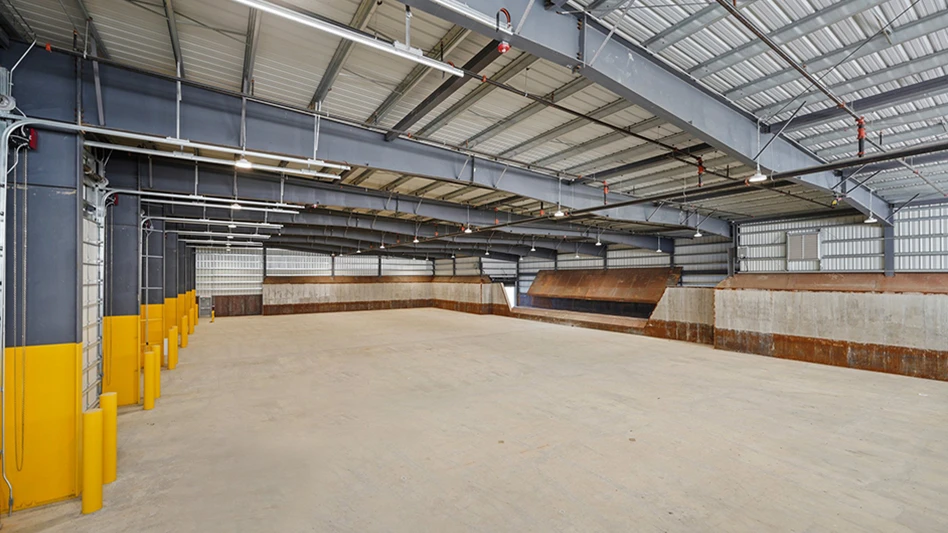
The term “hero” is usually reserved for those in the military, or for people who risk their lives in the line of duty, like police or firemen. But if a hero is defined as someone who goes out of his or her way to perform extraordinary or noble tasks without the expectation of much in return, waste cleanup personnel undoubtedly fit the moniker.
While haulers and hazardous waste contractors don’t receive much fanfare or coverage in the press, they’re the ones performing the unglamorous jobs that make life for the rest of us easier, safer and cleaner.
Case in point, in this issue’s cover story, we profile the agencies in charge of managing the cleanup efforts from the recent wildfires in Paradise, California, and its neighboring communities.
In addition to more than 80 citizens losing their lives in the fires, whole neighborhoods were burnt to the ground. The fires, which tore through parts of northeastern Sacramento Valley for much of November 2018, destroyed more than 150,000 acres and close to 19,000 buildings. The total cost of the fire damage was estimated at $16.5 billion.
In the wake of the devastation, the California Department of Resources Recycling and Recovery (CalRecycle); Butte, Los Angeles and Ventura Counties; the California Department of Toxic Substances Control (DTSC); the U.S. Environmental Protection Agency (EPA); the Federal Emergency Management Agency (FEMA); and other federal and state agencies came together under the California Governor’s Office of Emergency Services (CalOES) to begin the reclamation efforts.
As Paradise and neighboring communities begin the long road to recovery, it’s these personnel—along with recently appointed contractors from ECC Constructors LLC, SPSG Partners JV, and Ceres Environmental Services Inc.—who are doing the boots-on-the-ground work to not only clean up the sites, but also start the healing.
“We are in this horrible, horrible tragedy, [but] we will come out of this horrible tragedy. We will come out of it together; we will rebuild our homes; we will rebuild our town stronger, better, safer and more beautiful than ever,” Melissa Shuster, a member of the Paradise Town Council, recently said on the ABC News podcast Start Here.
But before these communities can move forward, it’s the waste cleanup personnel who are charged with the arduous task of picking up the pieces, parcel by parcel, site by site.
As CalOES Director Mark Ghilarducci recently explained, “One of most important things we can do in an event like this, outside of making sure people’s needs are met, is beginning that process of removing the debris. The sooner we can get it addressed and out of the way, the sooner the long-term recovery and building can begin.”
Get curated news on YOUR industry.
Enter your email to receive our newsletters.
Explore the Jan Feb 2019 Issue
Check out more from this issue and find your next story to read.
Latest from Waste Today
- ReMA board to consider changes to residential dual-, single-stream MRF specifications
- Miller Environmental Group Inc. appoints CEO
- DPI acquires Concept Plastics Co.
- Laurel Mountain Capital announces investment in 5280 Waste Solutions
- Cielo investor requests annual meeting
- WIH Resource Group celebrates 20th anniversary
- NWRA: NIOSH cuts a step in the wrong direction
- Valicor Environmental services acquires Affordable Waste Management






